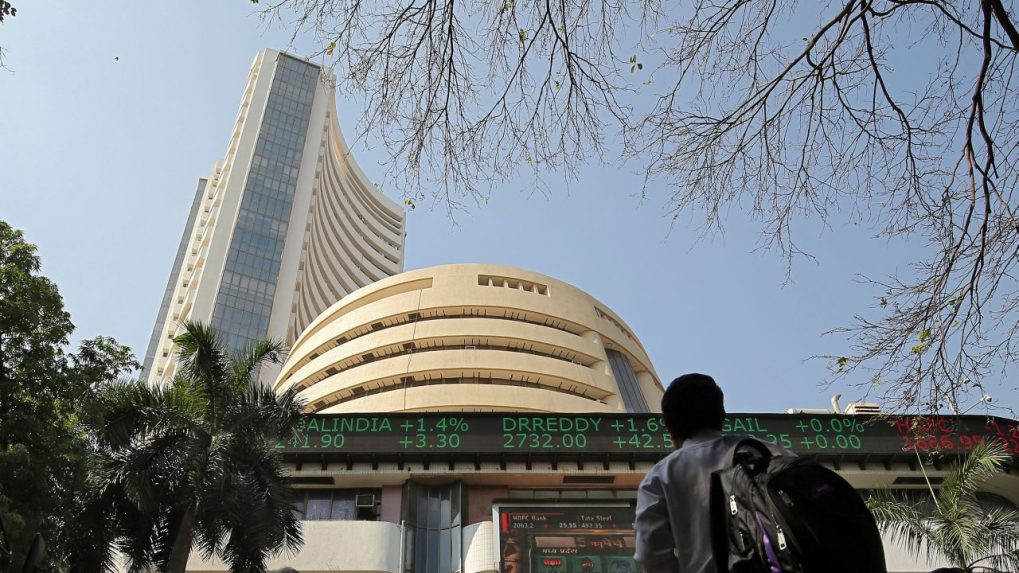New Delhi: Shares of bank and NBFC firms tumbled up to 7 per cent in morning trade Friday due to heavy selling pressure after the Reserve Bank tightened norms for consumer credit.
State Bank of India shares fell 3.34 per cent, Axis Bank declined by 3 per cent, Canara Bank went lower by 2.67 per cent, and Bank of Baroda dipped by 2.31 per cent. Federal Bank (1.39 per cent), HDFC Bank (1.26 per cent), ICICI Bank (1.16 per cent) and IndusInd Bank (0.89 per cent) also declined on the BSE.
The BSE Bankex index fell 1.12 per cent.
Among non-banking financial companies, shares of SBI Cards and Payment Services tumbled 6.70 per cent, Ujjivan Financial Services fell 5 per cent, Arman Financial Services (3.91 per cent) and IIFL Finance (3.78 per cent).
The Reserve Bank on Thursday tightened norms for consumer credit as it asked banks and NBFCs to assign a higher risk weight for unsecured personal loans, a move aimed at making the lenders more cautious on such advances.
The risk weight on unsecured consumer loans has been raised by 25 percentage points.
The new regulations, however, will not be applicable on housing loans, education loans, vehicle loans and loans secured by gold and gold jewellery, the Reserve Bank said in a circular.
A higher risk weight means that lenders need to set aside more funds as a safety net for consumer loans, which could make such credit more expensive. In simple words, a higher risk weight restricts banks’ lending capacity.
In the circular, the RBI said, “It has been decided to increase the risk weights in respect of consumer credit exposure of commercial banks (outstanding as well as new), including personal loans, but excluding housing loans, education loans, vehicle loans and loans secured by gold and gold jewellery, by 25 percentage points to 125 per cent”.
A similar raise has been effected in case of credit card receivables, as per the circular on ‘Regulatory measures towards consumer credit and bank credit to NBFCs (non-banking financial companies)’.
PTI
